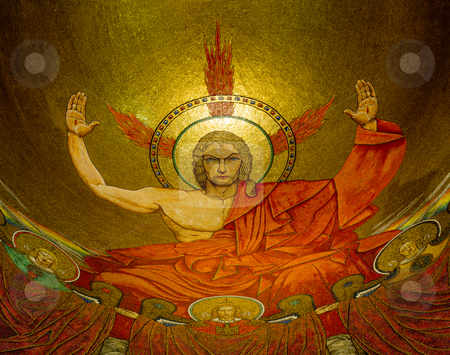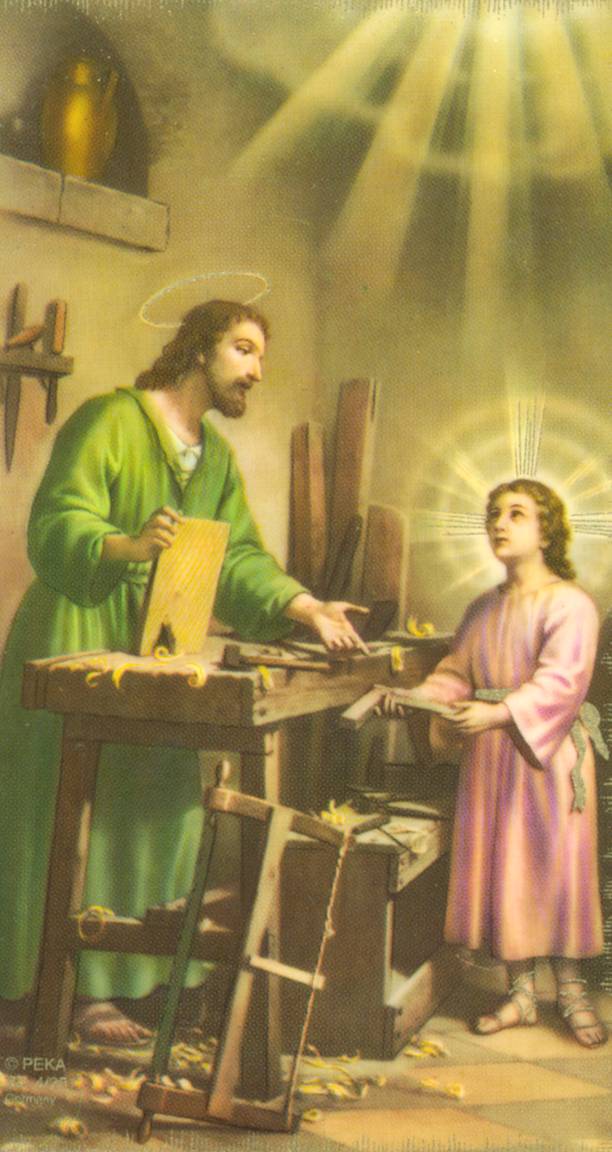
Send A Question To Alice
She’ll answer as many questions as possible,
right here, every Thursday.
Email responses will also be provided, as time permits.
Steven writes: Do you have to be Catholic to go to Heaven? I’m sure you get this question all of the time. Whether your answer is yes or no, I want to know where in specific that you get your info. I’m guessing it is from the Bible, so please give the verse or verses. Thanks.
Alice answers: Heaven is open to Catholics, Protestants, Jews, Muslims, the unchurched, i.e., to all God’s children, through Christ’s death on the cross. Our loving Father, who created us, desires that all his children will spend eternity with him in Heaven.
“God so loved the world that he gave his only Son, so that whoever believes in him may not die but may have eternal life.” (John 3:16)
Nowhere in the Bible does it say that a person must be a Catholic to enter Heaven. However, there are Scripture verses in which Jesus himself, told us that baptism is necessary for salvation.
“Very truly, I tell you, no one can enter the kingdom of God without being born of water and Spirit.” (John 3:5)
“Go into the world and proclaim the good news to the whole creation. The one who believes and is baptized will be saved; but the one who does not believe will be condemned.” (Mark 16:15-5)
Since ours is the one, true Church founded by Jesus Christ, we believe that baptized Catholics will enter the kingdom of Heaven.
Can a person ever enter Heaven without baptism? The Catholic Church recognizes a baptism of “blood,” for martyrs who die for their faith. If a person has never been taught about Jesus, or repents at the hour of his/her death, then we must trust in God’s infinite mercy for their salvation. Remember that our Lord forgave the repentant thief, who was hanged beside him on the cross.
“He then said, ‘Jesus, remember me when you come into your kingdom. And Jesus replied, ‘I assure you: this day you shall be with me in in paradise.’ ”
(Luke 23:42-43)
In Christ’s Love,
Alice
Doug Lawrence adds: God is sovereign, all powerful, and he can “save” anyone he cares to save … for any reason or for none at all. Yet, anyone that God chooses to invite into Heaven will be saved only by application of the grace that Jesus obtained for us on the cross, at Calvary.
Jesus Christ appointed the Catholic Church as the primary earthly distributor of his saving grace, so that makes the Catholic Church (warts and all) the “ordinary” means of all human salvation, in Christ.
Is it possible for God to “save” a soul without resorting to the good offices, sacraments and devotions of the Catholic Church? Certainly!
Is it very likely?
No one but God really knows, for sure!
So, why take that chance?
One thing is fairly certain:
God is love, and love is just another word for charity. Anyone who appears before the judgment seat of Jesus Christ with at least a modicum of charity remaining in his/her soul, is not likely to experience eternal damnation.
Catholic … or not.
Click here to see all of Alice’s other columns
April 7, 2011
Categories: Ask Alice, Books & Publications, Catholic Q & A, Human Rights, Politics . Tags: bible, catholic, Cathollic Church, charity, god, grace, heaven, Jesus Christ, judgment, salvation, the cross . Author: Hosted by Doug Lawrence . Comments: Leave a comment





